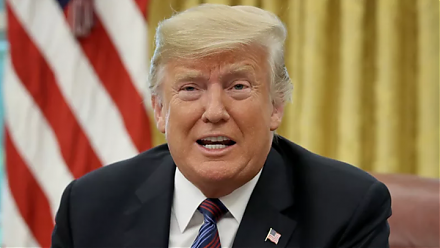

2018-06-01 07:30:00 Fri ET
treasury deficit debt employment inflation interest rate macrofinance fiscal stimulus economic growth fiscal budget public finance treasury bond treasury yield sovereign debt sovereign wealth fund tax cuts government expenditures
The U.S. federal government debt has risen from less than 40% of total GDP about a decade ago to 78% as of May 2018. The Congressional Budget Office predicts that this ratio will surge to 96% in 2028. Although many blame the Trump tax cuts as the key root cause, the increases in health care and retirement benefits suggest a different real reason for U.S. deficit severity.
Harvard professor Martin Feldstein attributes the recent rise of U.S. budget deficit from 4% to 5% of total GDP to increases in Medicare and social security retirement benefits for middle-class older Americans. These increases in core health care and retirement benefits account for about 2.7% of total GDP. The neoclassical Sargent-Wallace thesis suggests that the central bank cannot finance incessant increases in core deficits with government bond issuance regardless of money supply growth. This money supply expansion would lead to inexorable inflationary pressures that defeat the dual mandate of both maximum employment and price stability in the suboptimal fiscal-monetary policy coordination. Inflation serves as a seigniorage tax that would in turn dampen real macroeconomic variates such as household consumption, capital investment, labor supply, and total economic output. In light of this ripple effect on sustainable financial market growth and prosperity, the law of inadvertent consequences counsels caution.
If any of our AYA Analytica financial health memos (FHM), blog posts, ebooks, newsletters, and notifications etc, or any other form of online content curation, involves potential copyright concerns, please feel free to contact us at service@ayafintech.network so that we can remove relevant content in response to any such request within a reasonable time frame.
2018-09-21 09:41:00 Friday ET

Former World Bank and IMF chief advisor Anne Krueger explains why the Trump administration's current tariff tactics undermine the multilateral global tr
2019-06-15 10:28:00 Saturday ET

The Sino-American trade war may slash global GDP by $600 billion. If the Trump administration imposes tariffs on all the Chinese imports and China retaliate
2017-12-21 12:45:00 Thursday ET

Tony Robbins summarizes several personal finance and investment lessons for the typical layperson: We cannot beat the stock market very often, so it w
2023-02-14 09:31:00 Tuesday ET

Eric Posner and Glen Weyl propose radical reforms to resolve key market design problems for better democracy and globalization. Eric Posner and Glen Weyl
2018-08-19 10:34:00 Sunday ET

The World Economic Forum warns that artificial intelligence may destabilize the financial system. Artificial intelligence poses at least a trifecta of major
2018-05-17 07:41:00 Thursday ET

Has America become a democratic free land of crumbling infrastructure, galloping income inequality, bitter political polarization, and dysfunctional governa